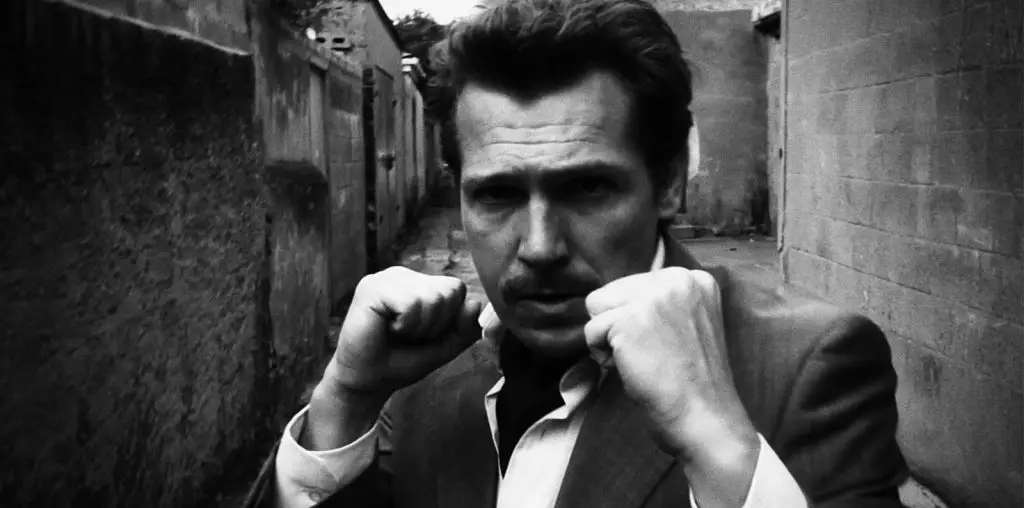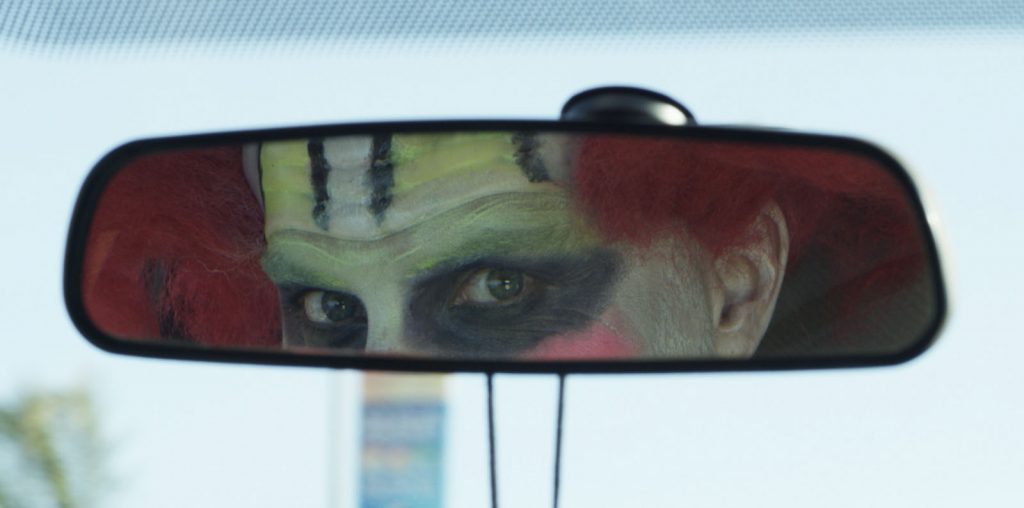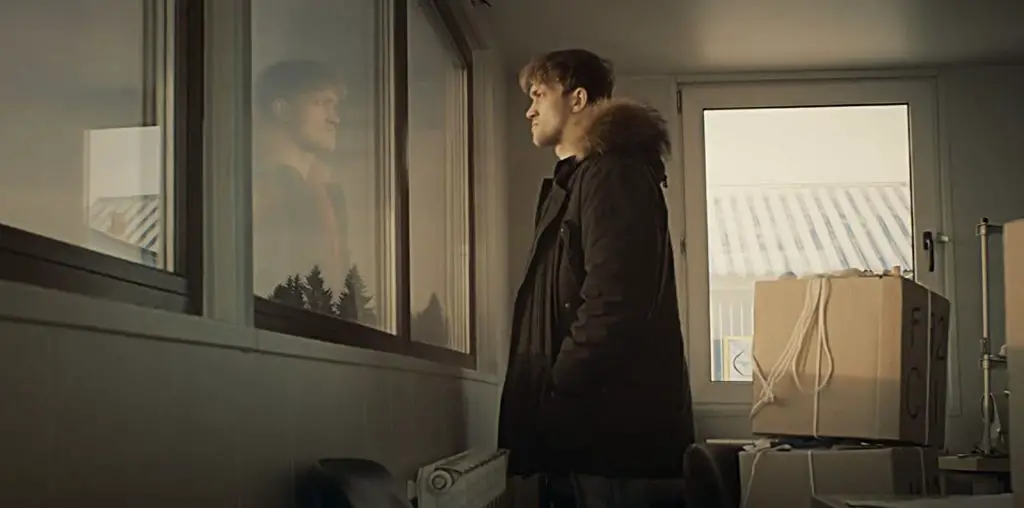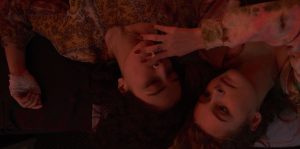
Every choice has a consequence. The consequences of bad choices, especially those made in quick and mounting succession, often lead to effects of worsening severity. When a petty crime, seemingly self-contained, initiates a rapid spiral into increasingly dangerous situations, people will do whatever they can in order to survive. Volatile reactions to these exacerbated predicaments lead to further poor mistakes and a decline in rational thinking, with all things eventually coming to a head. That is Sonejuhi Sinha’s framework for the characters in her feature, Stray Dolls. While the story is more or less there, with some scattershot moments of gritty realism, the methodology and logic by which it is told is a downright mess.
Riz (Geetanjali Thapa) is an undocumented immigrant from South Asia who was smuggled in stateside, and is now living and working at a run-down motel, amok with outcasts, junkies, malcontents, and orphans. Her attempts to start fresh in America hit a wall when her roommate Dallas (Olivia DeJonge) forces her to steal another resident’s brick of cocaine in order for Dallas to give back items she took from Riz.
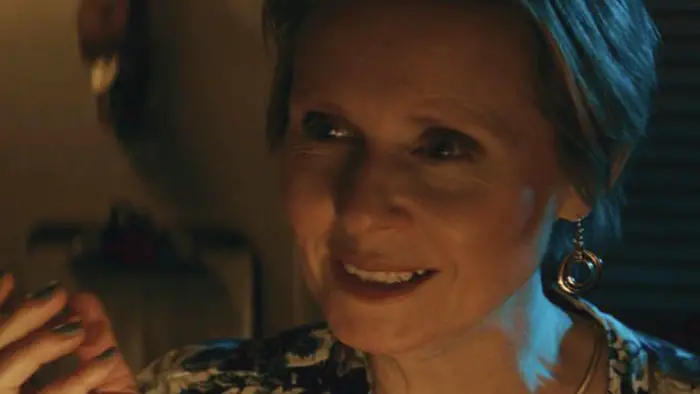
“..an undocumented immigrant from South Asia who was smuggled in stateside, and is now living and working at a run-down motel…”
As they begin to bond and talk about getting out, they dodge the corrupted self-indulgent manager Una (Cynthia Nixon), and occasionally shack up with her miscreant son Jimmy (Robert Aramayo). The pair plan to rob a local school for its medication stash, as well as sell their stolen cocaine before they are found out by its original owner. As they drift day in and out, it becomes clearer that their plan is not as simple as it could be, mainly due to their inadequacies and vices.
Shane Sigler’s cinematography is, without any competition, the highlight of the film, meshing claustrophobic handheld angles and movement with smooth and sweeping drone camerawork. There is an almost out-of-body quality to some of the compositions, often impressing like Benoît Debie’s work in The Runaways. These images are buttressed by J.D. Smyth’s editing, making it a strong fictional feature debut with some razor-sharp cuts and decently executed continuity. However, besides a few moments where some appropriated music was deftly utilized, that is where my appreciation starts to wane as this film is in absolute shambles.
There isn’t a solitary character that changes from who they were at the start to where they all end up, which makes the journey highly frustrating and borderline inconsequential. This is compounded by the film’s terribly uneven screenplay. Its meandering nature is not inherently a bad thing, but the movie seems to forget the idea of consequences unless the plot calls explicitly for it.
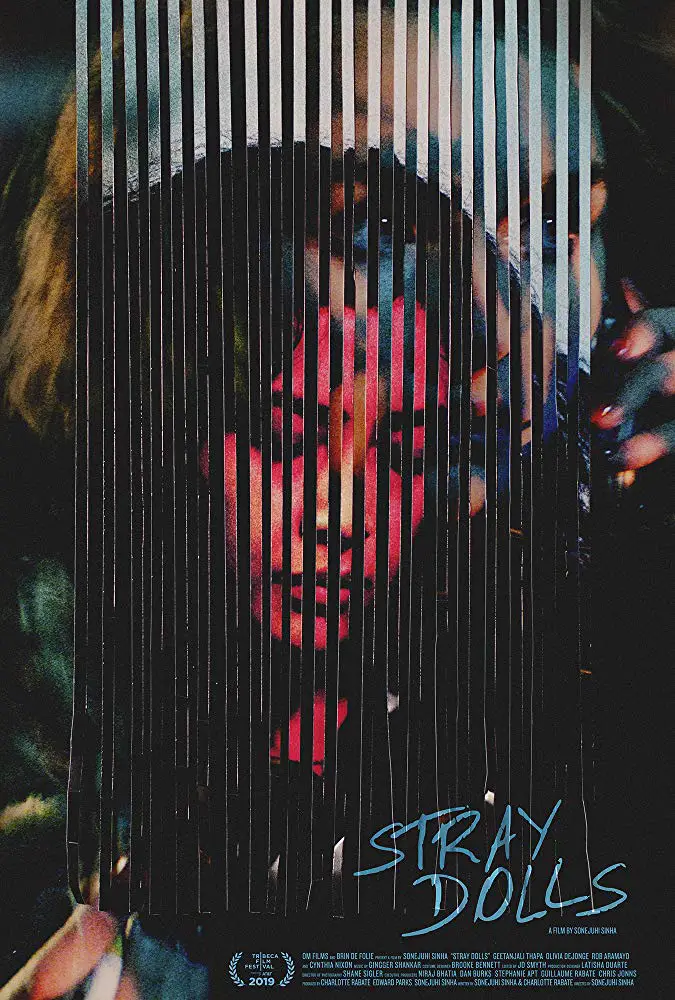
"…a petty crime, seemingly self-contained, initiates a rapid spiral into increasingly dangerous situations..."
